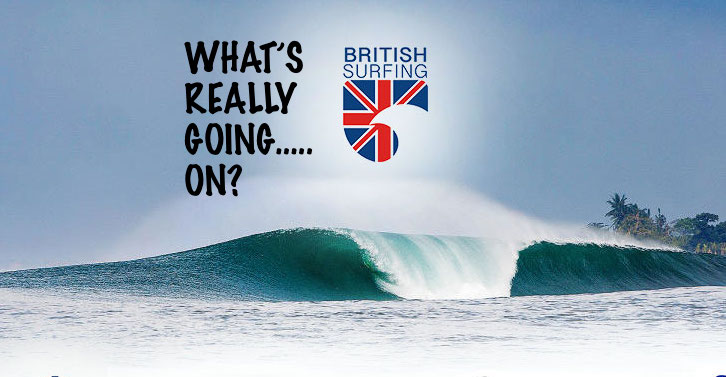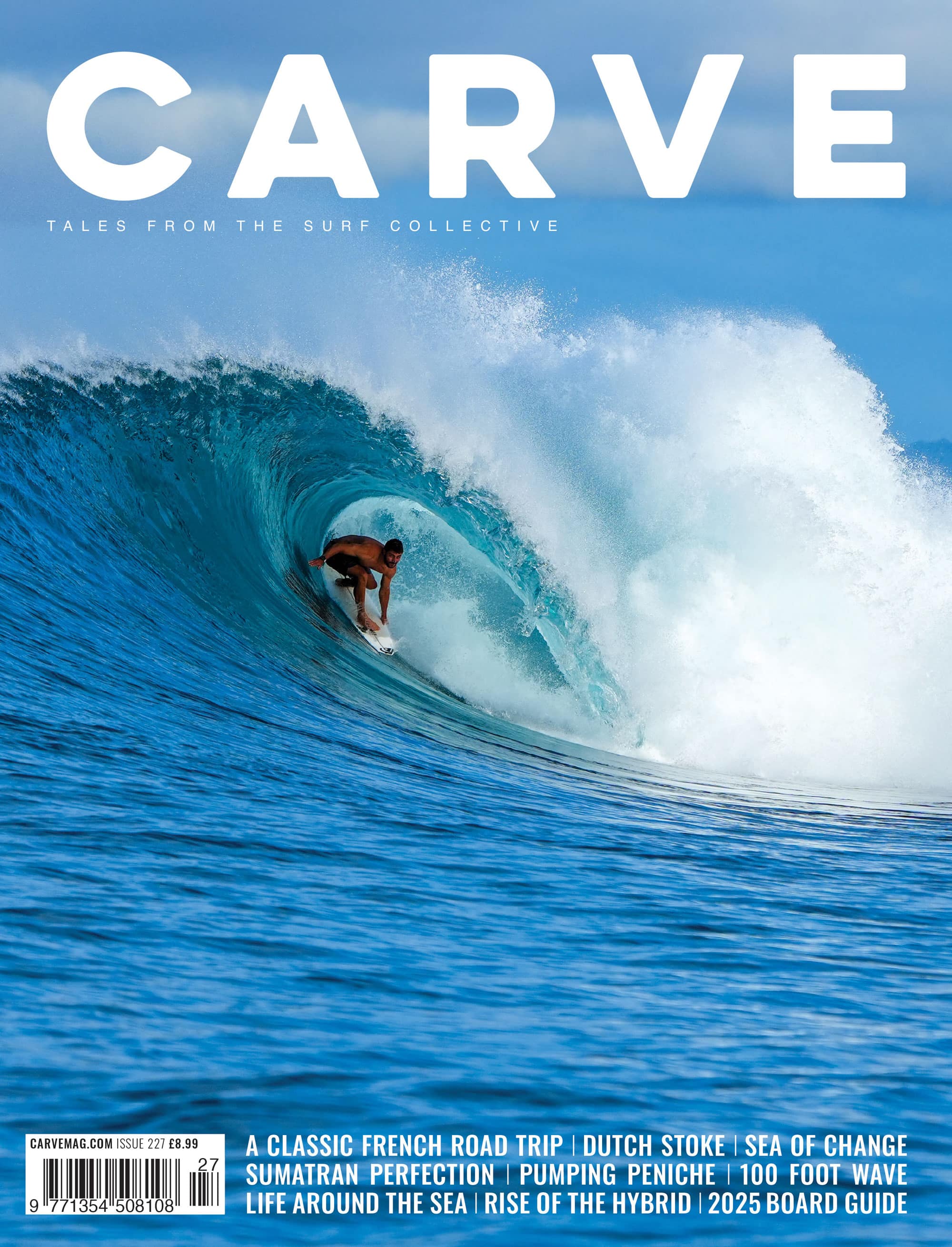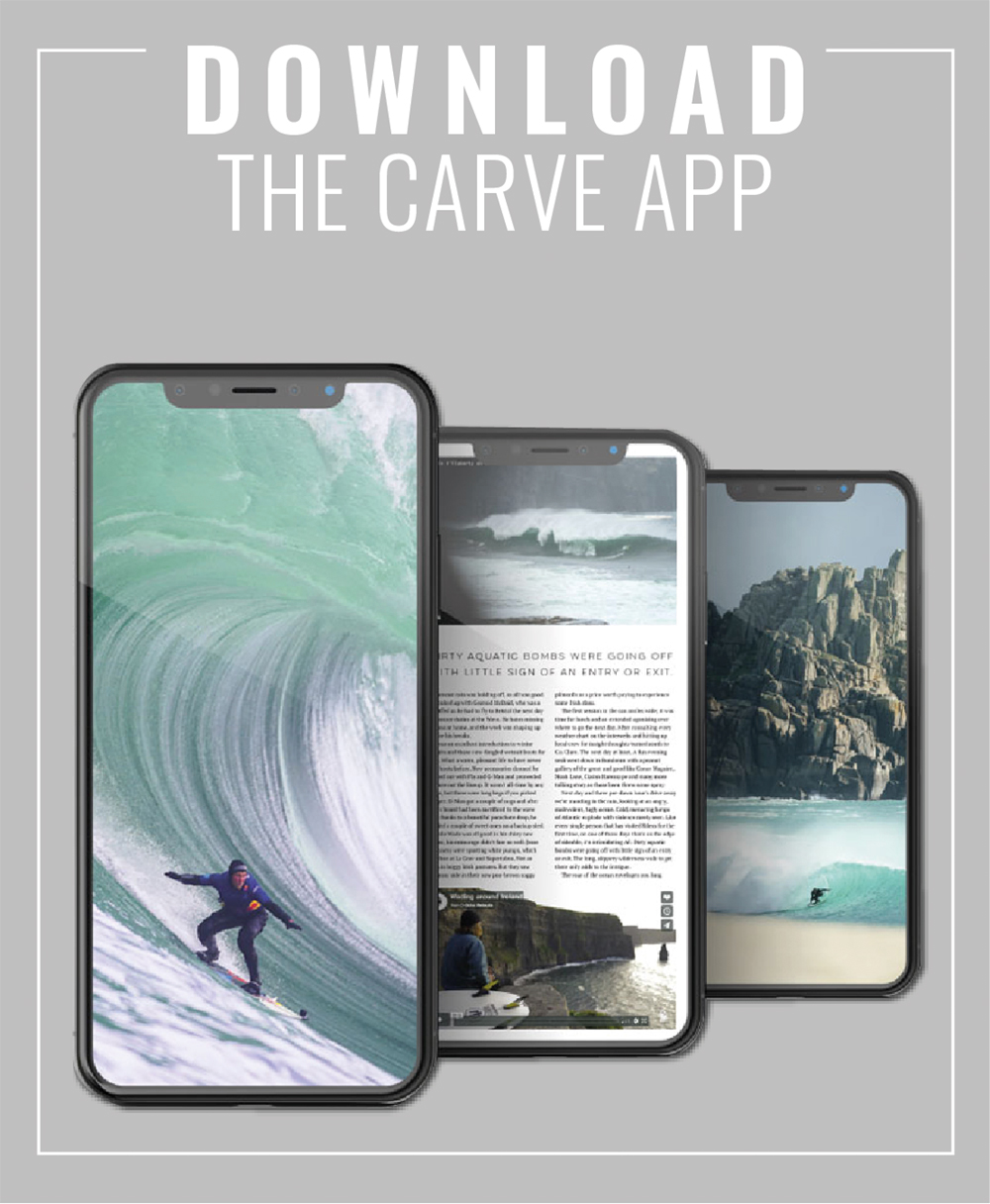So the new British surfing body has made its second British team selection and I think it is fair to say there has never been as much disagreement and controversy surrounding selection processes of either British team (longboarding or shortboarding). Not in the last 40 years or so I can remember anyway. The reasons?
WQS top 100 Luke Dillon overruled as a wild card.
One of Britains top high performance surfers and multiple champion, Reubyn Ash, overruled as a wild card.
Emily Currie ruled out of British Shortboarding Surfing team selection comp because she was surfing for the British Surfing Long boarding team and then denied a wildcard.
Years of WSL, ISA, UKPST, BLU and other rankings ignored and one off shoot outs used to decide the teams…
Just a few of the points of contention.
To get some insight as to why the decisions were made we asked Arlene Maltman, British surfings Communications Executive for full explanations on the questions on everyone’s lips, or at least social media feeds.
Just to note British Surfing selection policy states: “1.1.1 To select the best athletes and support staff, to represent Britain at International Surfing Association (ISA) World Surfing Games”
At time of posting, we are awaiting the results and evidence that was taken into consideration by the selection board to rule Luke Dillon, Reubyn Ash and Emily Currie out of running for the wildcards.
Luke and Emily have both appealed their decisions.
Clearly, this has been a very emotional time for all the surfers involved in the selection processes both those that made the team or were left out. All should have your full support regardless of your views of the selection process. The surfers should come first, always.
Carve Why did the coaches decide Luke Dillon should not be included as a wild card, given his WSL QS ranking within the top 100 and his performances against WSL elite competitors over the past two years. They are clearly ‘outstanding’ from a British perspective in recent years and BritSurf criteria state this should be taken into consideration?
The selection criteria were published in early 2019 and laid out the British selection process for the British team 2019.
https://www.surfingengland.org/british-surfing-announce-shortboard-selection-policy-for-2019-isa-world-surfing-games/
The policy outlines that 1st and 2nd from the British Championships are automatically selected for the team.
Qualification to the British Championships is through the home nation championship.
https://www.surfingengland.org/british-surfing-championships-british-cup-nations-reveal-details/
Luke Dillon was not present at his National Championship nor the British Championship.
The 3rd spots on the British Team may be either 3rd place at British Championships or Wildcard Entry due to exceptional results from European events/WCT/WQS or other significant international surfing events. This is underthe sole discretion of the selection panel for the British Team.
The selection panel is a separate panel from the board of directors as outlined in the Selection Policy.
The selection panel reviewed potential athletes including from the WQS specifically Luke Dillon who is currently ranked 97th as well as Jake Elkington who was the British junior captain in 2016 and currently ranked 79th (although he surfs for South Africa according to his WSL ranking..Ed.)
The allocation of the wild card to an eligible athlete was at the ‘sole discretion’ of the Selection Panel with the choice to exercise it based on ‘exceptional results’.
As per the selection policy the Selection Panel reviewed potential candidates for the 3rd slot taking into account results from; European events/WCT/WQS or other significant international surfing events. Based on current results the selection panel voted by majority to appoint this to the 3rd place at the British Championships.
Carve: Why was Emily Curry told she should not consider qualification for British shortboard team because she had a clash surfing for the British team at an elite level in the Longboard World Championships? Surely by leaving her out, Britsurf are penalising an elite surfer for representing their own organisation on a global stage, which is ridiculous?
With regards to Emily Curry’s decision to attend the World Longboard Championships instead of the British Cup. British Surfing are not aware of any discussions nor was any recommendation provided by British Surfing on this matter.
Emily was not present at the British Championships and hence was not eligible for 1st or 2nd slot.
As per the selection policy the Selection Panel reviewed potential candidates for the 3rd slot taking into account results from; European events/WCT/WQS or other significant international surfing events. Based on current results the selection panel voted by majority to appoint this to the 3rd place at the British Championships.
Given Reubyn Ash’s standing and past results, why has he been penalised because he could not afford to attend Jersey given costs of attendance and his workload that weekend? As Britain’s most consistent hi progressive/performance surfer (airs) surely he is an outstanding candidate for the wild card? Why was he not considered?
Reubyn Ash did not attend the British Championships and hence was not eligible for 1st or 2nd slot.
As per the selection policy the Selection Panel reviewed potential candidates for the 3rd slot taking into account results from; European events/WCT/WQS or other significant international surfing events. Based on current results the selection panel voted by majority to appoint this to the 3rd place at the British Championships.
Carve: There are plenty of well positioned and attended organisations with credible ranking systems BritSurf could draw from that have been running for years – WSL, ISA, UKPST and indeed BLU – which have all been discarded. Why were they all discarded when clearly they are from the surfers point of view the most transparent and respected rankings available?
The Nationals Championships were identified as the pathway made in accordance with the Olympic ethos of opening surfing to all. It was also identified as being a clear leveller to prevent favouritism and bias towards certain surfers where all surfers would be given an equal opportunity to compete and qualify.
Athletes from any professional body, WSL, ISA etc, were encouraged to enter the Nationals and if selected the British Cup. A provision was included for consideration of a wildcard which would be determined by the selection panel.
Beyond this the structure adopted by the four home Governing Bodies which makeup British Surfing offers a grassroots progression for future potential surfers through Home Nation Governing Body Championships to British Championships and squad selection.
Athletes whom wish to compete at the Olympics in any sport must enter the qualification events. The top WCT surfers understand that they have to enter the ISA World Games to qualify for the Olympics.
Carve: Are one off ’shoot outs’ in two-foot waves the best way to decide a British team to compete against the world’s best surfers?
The British Cup provided a level playing field and opportunity for the best surfers whom have qualified through their respective federation national championships to compete in equal conditions.
Competitive surfing tests skills in all conditions.
The conditions were challenging, as they are in most events held in the UK and the venue in Japan is expected to deliver similar conditions.
Carve: Would you agree that considering the response surrounding the criteria and team selection for both longboarding and shortboarding that the selection process is deeply flawed and has lost the confidence of a great deal of the contest following British surfing population?
The criteria is modelled on best practice and is in line with other countries selection criteria, including Australia.
The policy was communicated to all home nations in advance and all athletes were encouraged to participate in the process.
For some who were unable to follow the qualification pathway this year, the 2020 ISA World Games are due to take place in early 2020. Those athletes who weren’t successful on this occasion have another opportunity to qualify for the team and an opportunity to qualify for the Olympics.
Carve : The qualification process for the British team should aim to provide the best chance of medals for surfers from Britain. However, the British Cup qualification process states that only four surfers can compete from each home nation (England, Ireland, Scotland Wales, CI) for places. Surely this rules out surfers on the basis of their home nation status and is therefore discriminatory from a British team qualification point of view? It shouldn’t matter if the top 16 competing for a place are all Welsh, Scottish or English as long as they are legitimately the top 16 ranked British surfers?
The national championships and then British Cup is supported by the home nation federations as the pathway for selection allowing the best surfers from across Britain a clear pathway towards the British team.
Each home nation is responsible for running their own National Event as a qualifier for the team they determine who will enter the British Cup.
That is why the National championships are key; they are open to all surfers from all walks of life.
British Surfing would like to recommend to all surfers whom wish to be considered for British team selection their best opportunity to do so is to enter the respective qualification events published in the selection criteria.
So there you have it. What did we learn?
The policy, in my view, was probably well meaning and put together to encourage involvement from the home nations in the British Cup and selection, which is a fine ambition. At it’s height with teams from CI, Wales, Scotland and England the British was amazing for British surfing in both terms of culture and fierce competition. However, the current policy to enable the British team selection is fundamentally flawed and open to criticism.
The reasoning behind the decision to award wildcards is not clear enough in initial definition and (at this point) results not transparent enough to stand scrutiny. *If in doubt you go back to black and white results on paper. Stack them up, weight them if you must, but publish. If you rule out established tours, recent performances and rankings you better have a very good, provable reason.
At this point, there is a clear demarkation between the expectations and values of a lot of very experienced British surfers, judges and officials and the selection boards decision. There is also now a campaign to complain to UK Sport.
All in all, it is a huge shame.
Appeals are in process.
More to follow…






